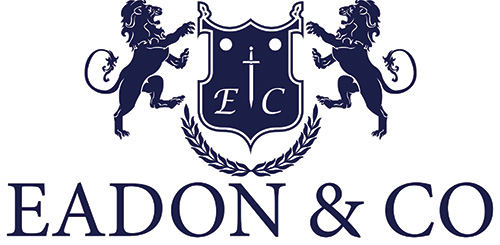Britain’s annual inflation rate increased to 2.2% last month, marking its first rise since December 2023.
The uptick comes as domestic energy bills fell less sharply than in July last year – though was ultimately slightly below the anticipated figure of 2.3%,
According to the Office for National Statistics (ONS), the cost of living rose after two months at the Bank of England’s (BoE) 2% target.
Prices dropped by 0.2% in July – helped by cheaper hotel stays – but this decline was less significant than the 0.4% drop seen in July 2023 when energy prices fell sharply. The smaller decrease in prices led to the increase in the headline inflation rate.
ONS Chief Economist Grant Fitzner, said: “Inflation ticked up a little in July as although domestic energy costs fell, they fell by less than a year ago. This was partially offset by hotel costs, which fell in July after strong growth in June.”
Core inflation, which excludes volatile items like food and energy, was 3.3% for the year to July, down slightly from 3.5% in June.
Inflation in the services sector – a key focus for the BoE following their last post-meeting comments – meanwhile, dropped from 5.7% to 5.2% driven by a 6.4% decrease in hotel prices, compared to an 8.2% rise the previous year.
Martin Sartorius, a lobbyist for the Confederation of British Industry (CBI), noted: “Inflation undershooting the BoE’s expectations will be seen as a positive sign that price pressures are continuing to normalise for households and businesses.
“Today’s data will give the Bank’s monetary policy committee some measure of confidence that domestic price pressures are less likely to derail a sustainable return to the 2% target.”
The BoE previously forecasted earlier this month that inflation might peak at around 2.75% before declining. Following the ONS data release, market bets on a September interest rate cut increased, with the probability rising to 45%, up from 36% before the data.
The news of lower-than-expected inflation figures now gives the BoE greater flexibility to adjust interest rates: as such, analysts now expect two rate cuts by the end of the year instead of one.
The next Monetary Policy Committee (MPC) meeting on 19th September should give investors more outlook for the rest of the year.
Source: Elliott, Larry and Wearden, Graeme. The Guardian. August 2024. https://www.theguardian.com/business/article/2024/aug/14/uk-inflation-rises-bank-of-england.
Protecting against inflation
Rising inflation can have the knock-on effect of eroding savers’ purchasing power over time, particularly if their current investments experience low growth rates.
Times like these are an ideal opportunity to begin exploring other investment strategies such as Stocks & Shares ISAs, which have greater potential to outpace inflation and protect your wealth.
Note:
*The price and value of any investments and any income from them can fluctuate and may fall, so you may get back less than the amount you invested. Rules for Lifetime ISAs may differ.
This information is for education purposes only – it does not constitute financial advice and should not be acted upon without taking professional advice.
At Eadon & Co, we’ll work with you to choose the best fund for your own personal priorities, risk tolerance and long-term goals.
Get in touch for a no-obligation consultation on how we can help save smarter:

